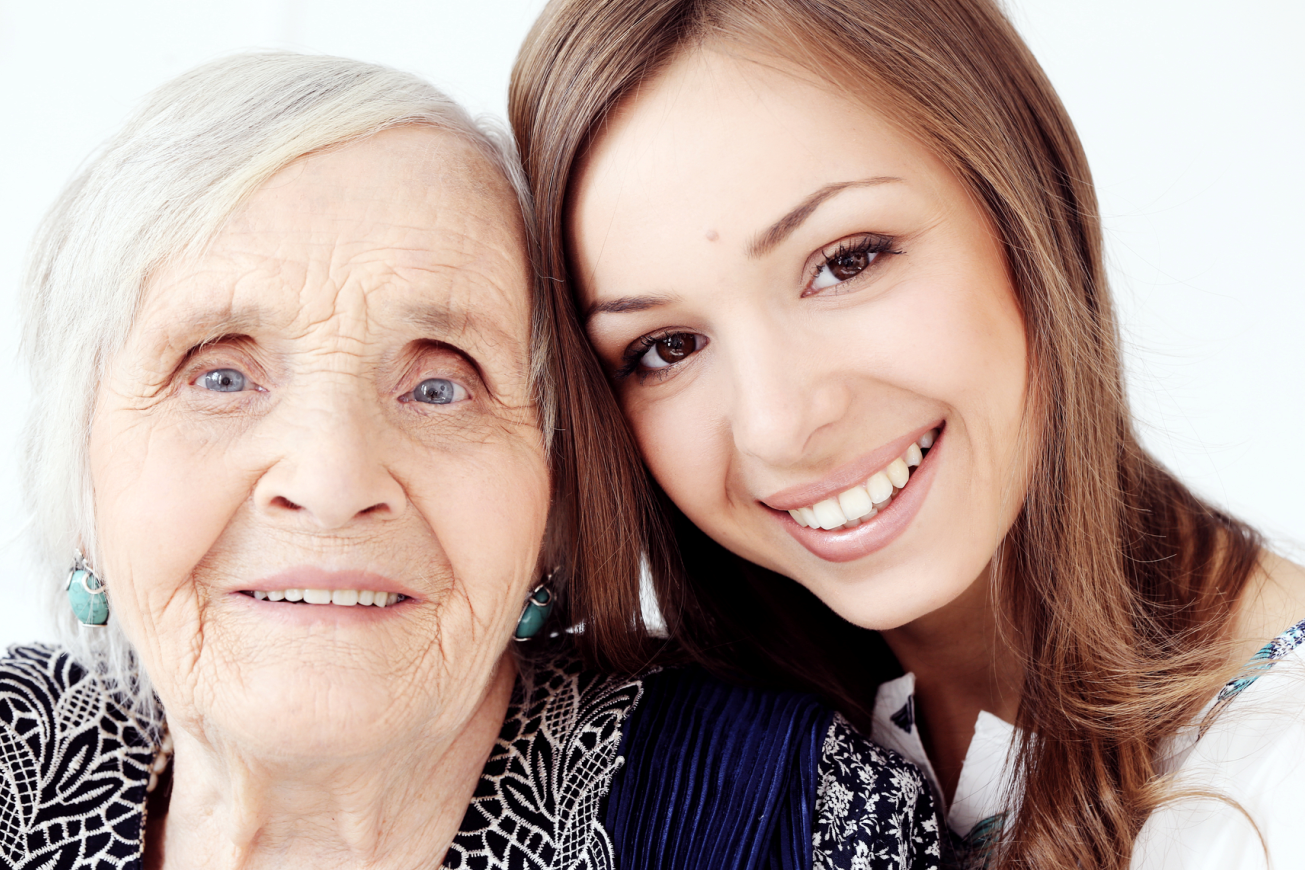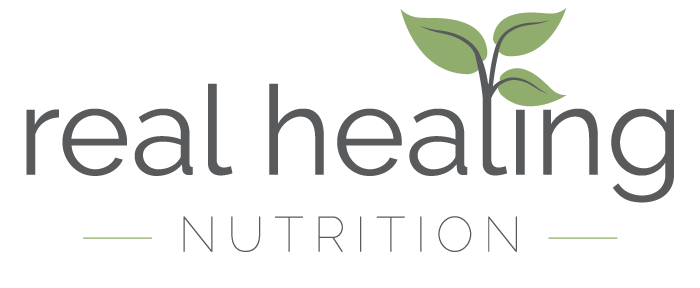
15 Apr Aging Gracefully: Using Food to Slow Down and Even Reverse the Aging Process – Mentally, Emotionally and Physically
What causes us to age? Well according to Dr. Andrew Weil, author of Healthy Aging: A Lifelong Guide to Your Well-Being, it’s everything from inadequate intake of fruits and veggies, water pollutants, medications and stress to too much or too little exercise, alcohol, pesticides, smoking and even artificial radiation.
With all of these causes it may seem impossible to fight the signs of aging, but many experts in this area are beginning to question whether that’s actually true. While aging itself is inevitable (and I believe should be considered a true blessing), it appears as though we may have quite a bit of control over the rate at which we “appear” to age. You see, the one thing that all of these factors, mentioned above, have in common is “oxidative stress. ” To understand oxidative stress we have to understand oxidation. Oxidation occurs when one atom or molecule loses an electron. We see signs of oxidation around us all the time. We see it when our apples brown, when our avocados rot, when our pennies turn green and when our cars rust. Oxidative stress, which is the total burden placed on the body by the constant production of free radicals, is when the body shows signs of rusting from the inside out.
This is important to understand because according to Dr. Doni Wilson, creator of the Hamptons Cleanse and author of the Stress Remedy: Master Your Body’s Synergy & Optimize Your Health, the seven signs of oxidative stress are,
1) Fatigue
2) Memory loss and/or brain fog
3) Muscle and/or joint pain
4) Wrinkles, sagging skin and grey hair
5) Susceptibility to infections
6) Decreased eye sight
7) Headaches and sensitivity to noise
When we experience these signs too soon in life they could be warnings of deeper hidden health issues coming down the pipeline. Health issues like Arthritis and Alzheimer’s to Kidney Failure and Macular Degeneration to even Cancer and Parkinson’s Disease.
The good news is there is a lot we can do, as far as our behaviors go, to slow down the signs of aging and even possibly prevent some of these health issues from ever coming to fruition. Taking steps like; eating a whole foods, anti-inflammatory diet, exercising (but not too much), getting adequate amounts of good-restorative sleep, staying hydrated, keeping our stress in check and boosting our energy and even our levels of happiness will absolutely help, but we also have one more superstar that we can introduce when it come to this topic.
Remember, oxidation occurs when an atom or molecule loses an electron making it “unstable.” Antioxidants on the other hand are the antithesis of this process. When an antioxidant comes along and senses an unstable molecule it shares its own electrons with the molecule making it stable again. The name alone, ANTI-OXIDANTS, says it all!
When we’re young we churn out antioxidants like it’s our job, but as we age this process significantly slows. So it becomes more important for us to support our body and give it what it needs in this process.
Now most of us when we think of antioxidants we think of berries, but what might surprise you is that according to the ORAC scale, the majority of our most antioxidant rich foods aren’t actually foods at all – they’re spices!
For an easy guide, here are 5 of my favorite antioxidant rich spices, according to the ORAC scale, along with suggestions on how to use them topically, as well as tips on how to prepare them and also precautions you may need to know if using medicinally. And just to be clear, all the recipes mentioned in this article are for normal consumption and not considered “medicinal.”
Cloves
TOPICAL THERAPEUTIC — USES
+ Clove oil has been found highly beneficial for acne, scars and any kind of bacterial infection. It can be applied on the affected area twice a day.
+ Clove oil is also good to treat scabies, stings, rashes and other fungal infections.
HAWAIIAN SUNRISE SMOOTHIE /BOWL
1 frozen “not quite ripe” banana
1/8 tsp of ground gloves
1/8 tsp cinnamon
1/8 tsp nutmeg
2 cups canned coconut milk
1 Tbsp raw or Manuka honey
Add all the ingredients to a blender and blend until smooth. Transfer to small glasses or bowls. Top with sliced banana and chia seeds.
PRECAUTIONS
Cloves are likely safe for most people, however children should not consume clove oil as it can cause seizures, liver damage and fluid imbalances. Medical doses of cloves are not recommended during pregnancy. Cloves can slow blood clotting and should not be consumed in medical doses by persons with bleeding disorders and should not be taken 2 weeks before a scheduled surgery.
Cinnamon
TOPICAL THERAPEUTIC — USES
+ Cinnamon is said to improve fine lines by stimulate blood vessels and plumping the skin. Use 3 drops essential oil of cinnamon and 2 tbsp olive oil. Apply this mixture to fine lines on the skin, taking care to avoid the eyes.
+ Cinnamon used on the skin can increase collagen levels for up to six hours after it is applied.
COFFEE BOMB
1 Tbsp Ghee
1 Tbsp MCT
1 Tbsp Collagen
a dash of Cinnamon
a dash of Cardamom (reduces acid in coffee)
Coconut milk if you like cream
Dark leaf stevia or vanilla extract if you like sugar
Add all these ingredients to your coffee or tea and blend until well integrated.
PRECAUTIONS
Cinnamon is well tolerated, although the volatile oil can cause skin rashes. Some cinnamons can thin the blood and cause liver problems, but this generally only occurs if large amounts are taken over long periods. Due to its blood-thinning effects, cinnamon in quantities greater than use as a spice should end at least one week prior to surgery. Medical doses are not recommended during pregnancy. Close monitoring of blood sugar levels in diabetics is warranted to avoid unsafe lowering of blood sugar.
Oregano
THERAPEUTIC — USES
+ Oregano oil can be topically applied on the skin to cause internal healing. Thus, swollen lymph nodes, sore throat and ear infections can be treated by rubbing the oil directly on the affected area.
+ Massage the soles of your feet with this oil. This has been traditionally used for healing the mind and the body and is an alternative method of clearing the body of viral and fungal infections.
TOMATO OREGANO SMOOTHIE
1 tomato
1 tbsp oregano
1 carrot
1 clove garlic
1/4 cucumber
1 cup ice cubes
½ Avocado
Scoop of hemp protein powder or sprouted pea protein powder
Add all ingredients to the blender and blend until smooth.
PRECAUTIONS
Oregano might increase the risk of bleeding in people with bleeding disorders. Oregano can cause reactions in people allergic to Lamiaceae family plants, including basil, hyssop, lavender, marjoram, mint, and sage. Oregano might lower blood sugar levels. People with diabetes should use oregano cautiously. Oregano might increase the risk of bleeding. People who use oregano should stop 2 weeks before surgery. Medical doses of Oregano are not recommended during pregnancy.
Turmeric
TOPICAL THERAPEUTIC — USES
+ Turmeric provides a great relief to aging skin.
+ To use turmeric as a facial hair reducer you will need: 1/4 Tbsp turmeric and 1 Tbsp gram flour
Mix the two together, and then add water to form a paste. Leave it on your face for 15 minutes, then remove using a circular motion. This will remove fine hairs on your face once the mask is dry and will make skin glow
GOLDEN MILK
1/2 tsp turmeric powder
1/2 tsp ginger powder
1/2 tsp cinnamon
1 cup full cream coconut milk
1 tsp Grade B maple syrup, raw or Manuka honey
Stir or blend ingredients until smooth. Pour mixture in sauce pan on medium heat until simmers. Enjoy hot or cold.
PRECAUTIONS
Turmeric is LIKELY SAFE when taken by mouth or applied to the skin appropriately for up to 8 months. Some people can experience stomach upset, nausea, dizziness, or diarrhea. Do not use turmeric in medical doses if you have gallstones or a bile duct obstruction. Taking turmeric might slow blood clotting and should not be taken 2 weeks before a scheduled surgery. Use with caution in people with diabetes as it might make blood sugar too low. Taking high amounts of turmeric might prevent the absorption of iron. Turmeric should be used with caution in people with iron deficiency. Medical doses of turmeric s are not recommended during pregnancy.
Cumin
THERAPEUTIC — USES
+ Cumin helps to prevent premature aging signs such as wrinkles, fine lines, and dark spots. You can prepare a face pack by mixing finely ground turmeric and cumin in the ratio 3:1
+ Mix equal quantities of black cumin oil and olive oil. Apply this on your hair or on the bald portion of your head to promote hair growth as well as treat hair loss. Leave for at least 20 minutes and rinse.
VEGETABLE CUMIN SOUP
2 Tbsp coconut oil
2lbs carrots, rinsed
2 medium parsnips, chopped
1 medium onion, chopped
2 garlic cloves, chopped
6 cups bone broth
1 Tbsp ground cumin
Heat the coconut oil in large pot then sauté the garlic, carrots, parsnips, and onion for 5 minutes. Add broth, cover & cook over medium heat until vegetables are tender, around 20 minutes. Pour the soup into a blender & puree until smooth. Add Himalayan sea salt and pepper if needed.
PRECAUTIONS
Cumin is likely safe when taken by mouth in food amounts and is even considered safe when taken by mouth in medicinal amounts. Cumin might lower blood sugar levels in some people. Monitor your blood sugar carefully if you have diabetes and use cumin. Some experts worry that it might interfere with blood sugar control during and after surgery. Stop using cumin at least 2 weeks before a scheduled surgery. Cumin might slow blood clotting. In theory, cumin might make bleeding disorders worse.


Sorry, the comment form is closed at this time.